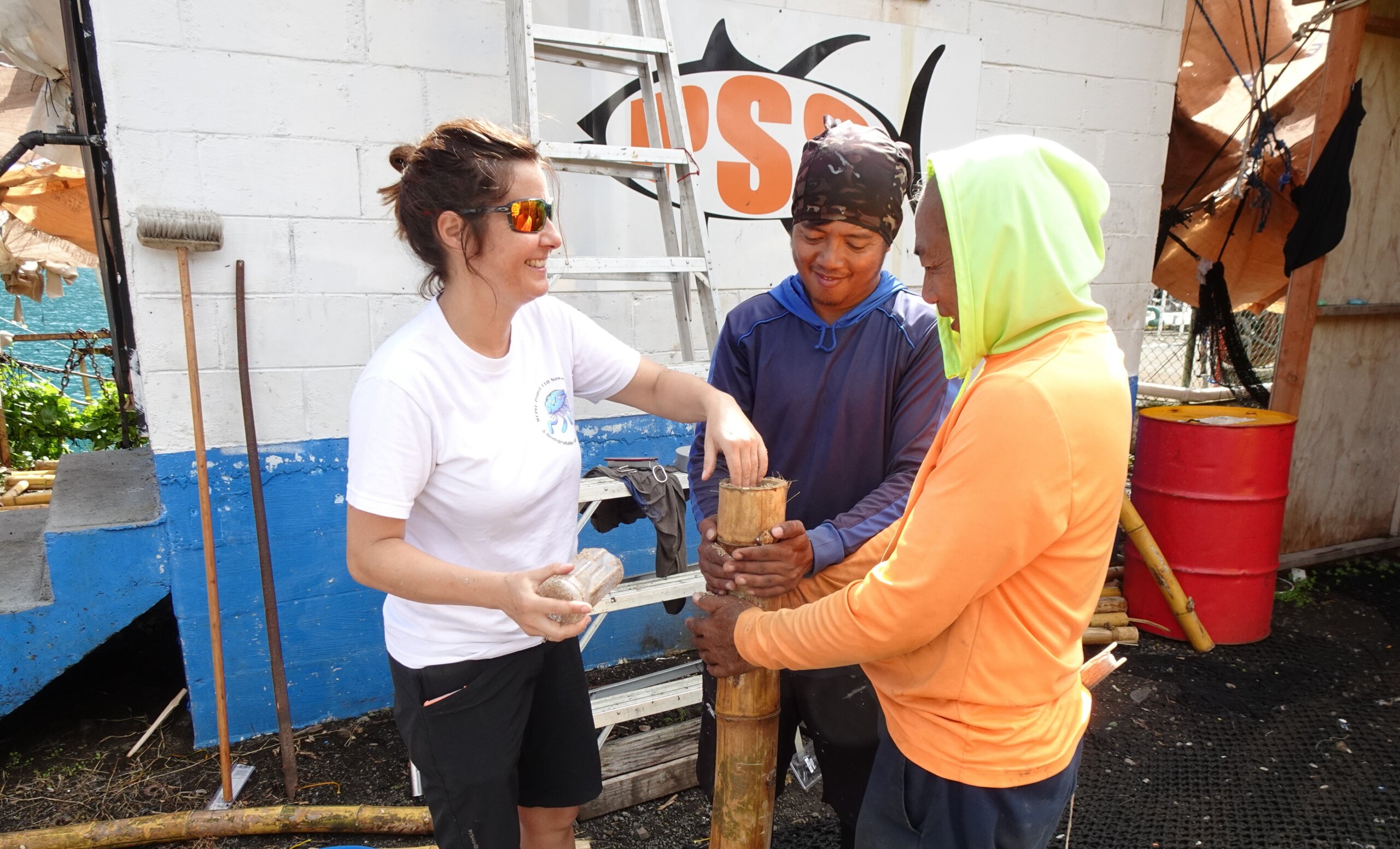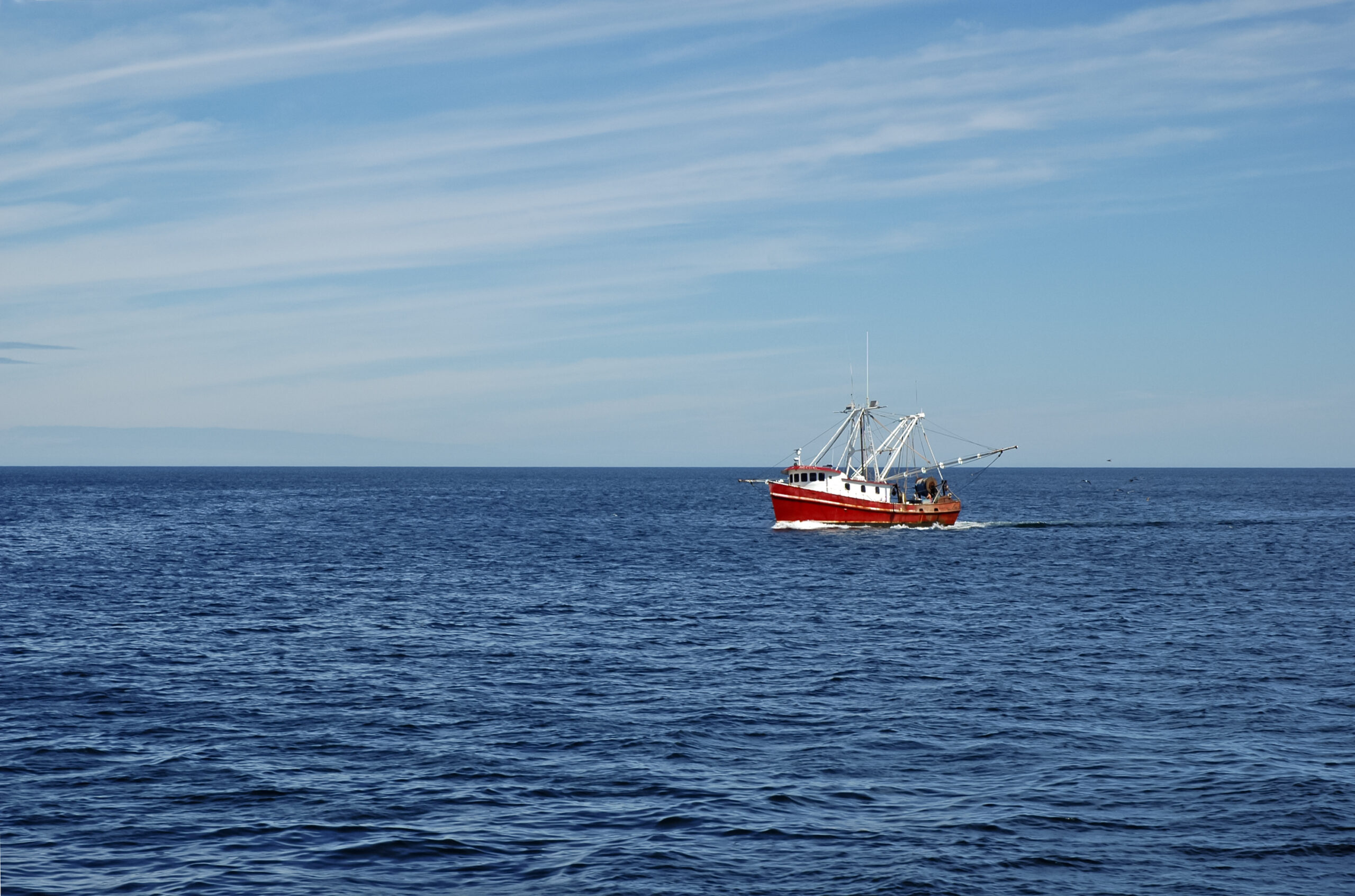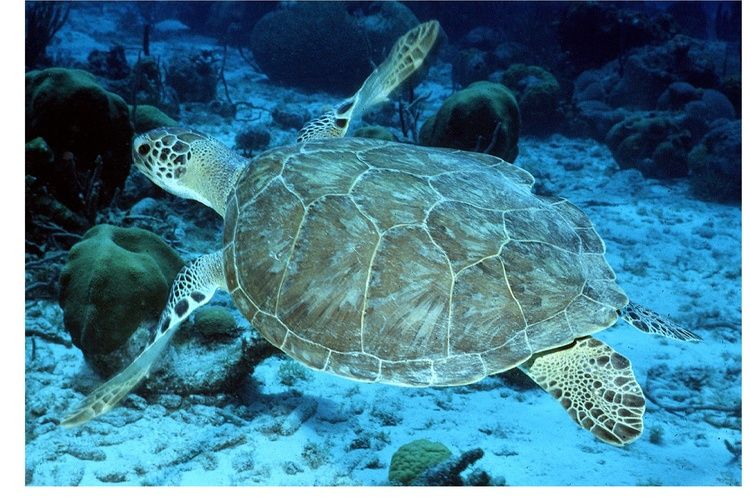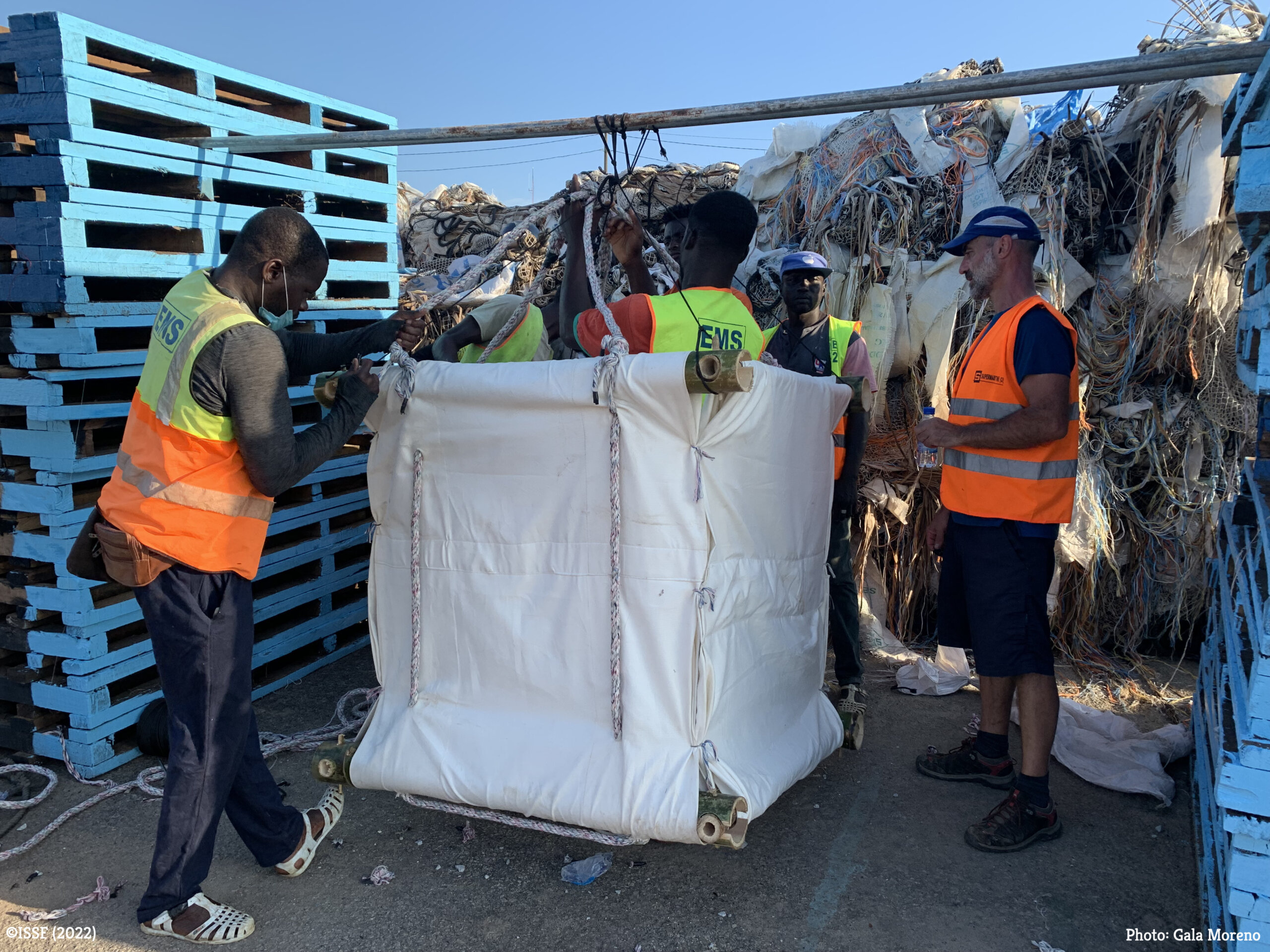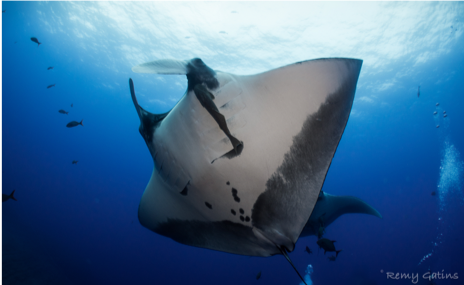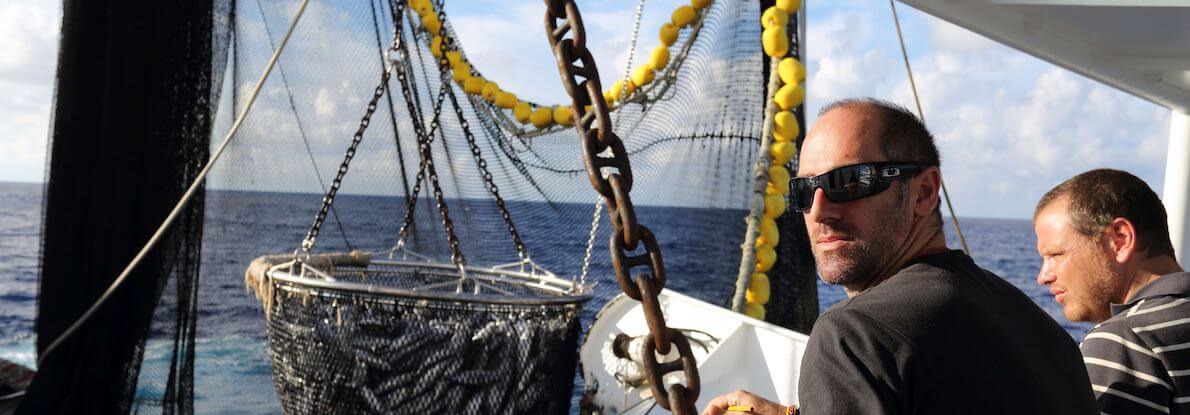
Skipper Program Overview
ISSF Skippers Workshops bring tuna fishers together with marine scientists for participatory sessions — at key fishing ports worldwide — to share ideas and information on best practices to reduce bycatch.
Skippers workshops have been an important component of our mission. ISSF-sponsored scientists and presenters have hosted more than 150 workshops at major ports on five continents.
Our workshops have attracted more than 5,000 participants, from purse-seine skippers, crew, ship owners and fleet managers to cannery managers, scientists, and government officials. We also have hosted seabird and sea turtle workshops for longline skippers.
ISSF skippers workshops have received support from the Gordon and Betty Moore Foundation, Common Oceans ABNJ Tuna Project, and the International Seafood Sustainability Association.
Seafood Company & Vessel Compliance
Fishers’ workshop attendance helps tuna vessels — and the companies that purchase, process, trade, or market their tuna — to better meet certain sustainability goals and international market standards.
For ISSF participating companies and vessels on the ProActive Vessel Register, skippers workshop attendance also meets the requirement for ISSF conservation measure 3.4.
Our annual compliance report summarizes both participating companies’ and PVR vessels’ aggregate performances on conservation measures.
OUR SKIPPERS WORKSHOPS & RESOURCES

Workshop Topics
Our skippers workshops, which can be customized for a particular fleet’s needs, have covered bycatch prevention strategies — including the use of non-entangling, biodegradable FADs — safe handling-and-release techniques for incidentally caught sharks and sea turtles, and other topics.

Workshop Options
ISSF has offered workshops at ports worldwide for skippers as well as ship owners, fishery managers, NGO staff, and local fisheries scientists — including representatives from ISSF participating companies and ProActive Vessel Register vessels. We also have hosted train-the-trainer sessions.

Skippers Resources & Certification
In addition to in-person Skippers Workshops, we offer purse-seine and longline tuna fishers a variety of resources — workshop videos, best-practice demonstration videos, guides, infographics, and posters illustrating bycatch-mitigation techniques. We also explain how skippers can gain certification for completing our workshops .
FISHING INDUSTRY & SCIENTIST COLLABORATION
Commitment to Sustainability
The fishers and fleets participating in our workshops recognize the short- and long-term importance of maintaining tuna stocks at healthy levels.
They also have committed to help reduce fishing’s environmental impacts — including by using bycatch prevention strategies and best-practice release techniques for incidentally caught sharks, sea turtles, manta rays, and other marine species of conservation concern.
Brainstorming Solutions
Recent skippers workshops have included discussions on marine litter reduction from FAD fishing, including approaches for FAD retrieval.
We have hosted biodegradable FAD workshops with fishers and scientists, including sessions in Spain and Ghana brainstorming designs and evaluating natural materials.
In other fisher-scientist workshops, we examined new “bycatch release devices” — including equipment developed on tun vessels, to protect sharks, manta rays, and other vulnerable species — and acoustic discrimination approaches for reducing bycatch.
Research & Conservation Insights
Skippers Workshops allow ISSF scientists to benefit from fishers’ knowledge and input on bycatch-mitigation techniques and tools with the best potential to be successfully implemented in tuna fisheries.
In turn, their dialogue helps to shape ISSF’s bycatch research priorities and conservation measures as we continue to advance sustainable fishing practices.
Practical Applications
Our workshops give tuna fishers an active role in designing and piloting bycatch solutions that vessels can use to protect non-target species.
Mitigation strategies and techniques are developed with real-world fishing conditions in mind, which increases their effectiveness and fishers’ adoption of best practices.
Video Workshops
Tuna fishers who would like to learn more about bycatch mitigation can view our video versions of the workshops and download other sustainable-fishing resources.
Fisher Best-Practices Resources
In addition to advocating best practices in fisheries management to RFMOs — through reports, snapshots, and other materials — ISSF develops best-practices resources for fishers, including skippers workshops and guidebooks and an illustrated guide for building Fish Aggregating Devices (FADs) that are both non-entangling and biodegradable.

